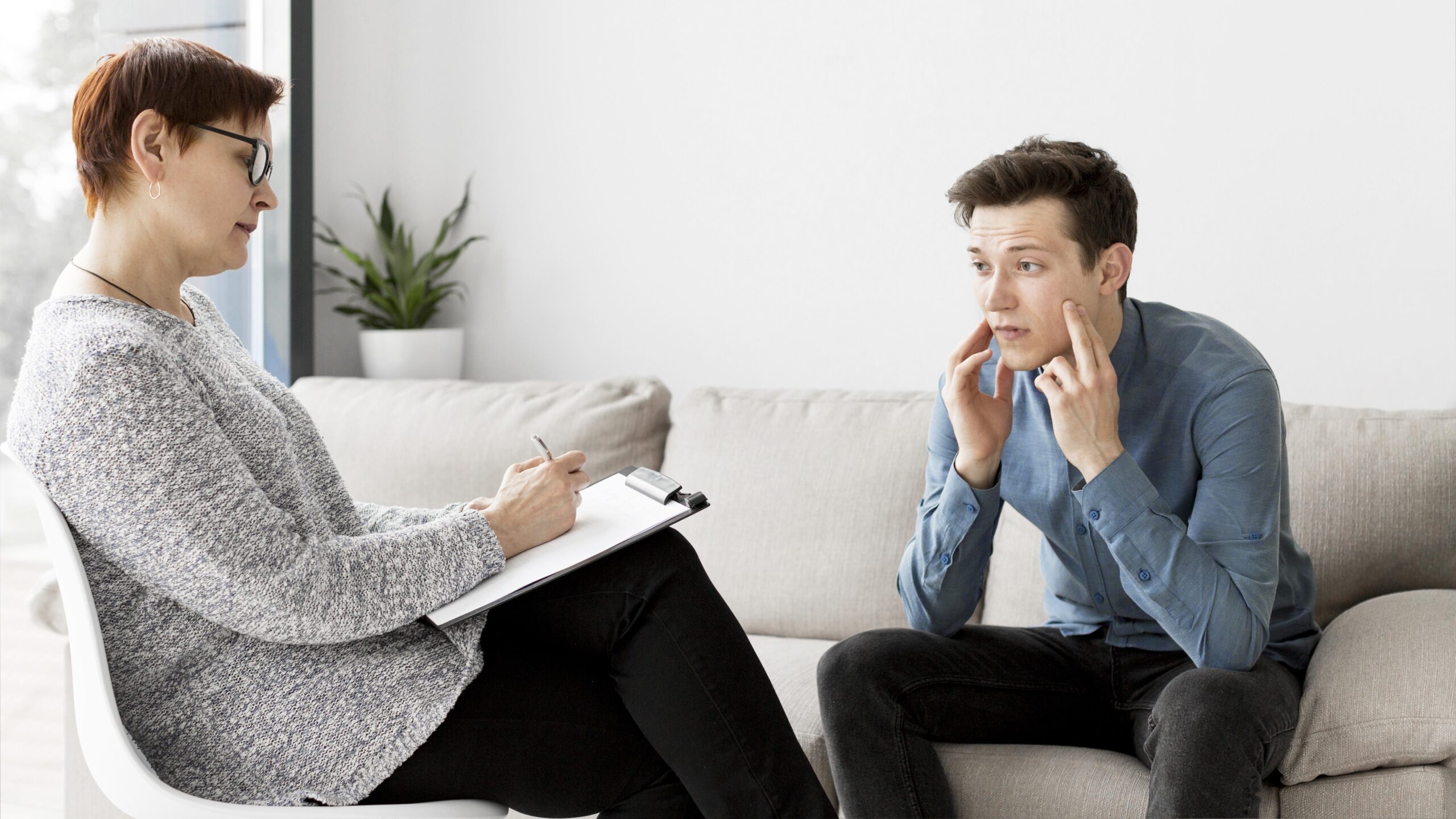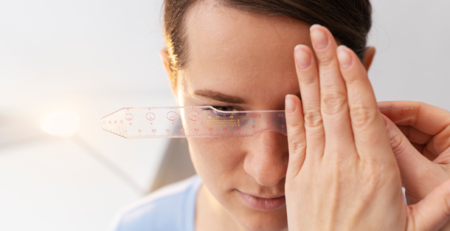Improve Your Emotional Regulation With ART
Are you struggling with managing your emotions and to cope with stressful situations? Do you feel stuck in a negative cycle, unable to break free from overwhelming feelings of anxiety or trauma? If so, Accelerated Resolution Therapy (ART) might be the solution you’ve been searching for! In this blog post, we’ll explore how ART can help improve emotional regulation by addressing the root cause of your distress. So sit back and get ready to learn about this innovative therapeutic technique that could improve your life!
What Is ART?
Accelerated Resolution Therapy (ART) uses eye movements and other forms of bilateral stimulation to help the brain process and heal from trauma. ART effectively treats PTSD, anxiety, depression, and other mental health conditions.
ART works by stimulating the limbic system, the part of the brain that controls emotions. When the limbic system is produced, it helps the brain process and releases emotions stored in the body from past traumas. As a result, it can help to reduce or eliminate symptoms of PTSD, anxiety, depression, and other mental health conditions.
If you want ART, please speak with your mental health professional to see if it is right for you.
How Does ART Work?
Accelerated Resolution Therapy (ART) is a novel, evidence-based therapy for treating trauma and other mental health conditions. ART uses eye movements and other forms of bilateral stimulation to help the brain reprocess memories and reduce the emotional intensity associated with them. As a result, it can lead to improved symptoms and functioning.
ART is believed to work by helping the brain process memories differently. During ART, the therapist will guide the client in moving their eyes back and forth while they recall a traumatic memory. This eye movement is thought to help the brain reprocess memory more efficiently. The client may also be asked to hold certain positions or hand gestures during the session.
Other forms of bilateral stimulation, such as tapping on both sides of the body or listening to sounds in both ears, can also be used during ART. These simulations are thought to help “unlock” stuck memories to be processed more adaptively.
A typical ART session lasts about 60 minutes, although some people may need more than one session to achieve desired results. People who have undergone ART typically report feeling less emotionally overwhelmed by their memories and improved symptoms of anxiety, depression, and post-traumatic stress disorder (PTSD).
The Benefits Of ART
Accelerated Resolution Therapy (ART) is a rapidly growing therapy that has shown great promise in helping people improve their emotional regulation. ART uses eye movements and other forms of bilateral stimulation to help people process and resolve trauma and different negative experiences.
There are many benefits of ART, including:
- 1. Rapid relief from symptoms:
One of the most significant advantages of ART is that it can provide rapid relief from symptoms associated with trauma and other negative experiences. In many cases, people report feeling better after just a few sessions. - 2. Relief without reliving the trauma:
Unlike other therapies, such as exposure therapy, ART does not require people to relive their traumas to get relief. It can benefit people struggling with severe trauma or who have been unable to benefit from other therapies. - 3. Safe and non-invasive:
ART is a safe and non-invasive therapy that poses no risk of further harm or worsening symptoms. It is also easily tolerated by most people, with few, if any, side effects. - 4. Cost-effective:
Because ART is a relatively new therapy, insurance plans often cover it. Additionally, it tends to be shorter in duration than other types of treatment, making it more cost-effective overall.
Accelerated Resolution Therapy may be right for you if you are looking for an effective and efficient way to improve your emotional regulation!
What To Expect During An ART Session?
An ART session is typically between 60-90 minutes long. During the session, the therapist will work with you to identify and process any opposing thoughts or memories causing you distress. The therapist will also help you develop new, positive coping mechanisms to deal with your emotions healthily. As a result, you can expect to feel calmer and more relaxed after an ART session, and over time, you should find it easier to manage your emotions constructively.
How To Find An ART Practitioner?
If you are struggling with emotional regulation, consider seeking an ART practitioner. Accelerated Resolution Therapy (ART) is a relatively new therapy that has shown promise in helping people to regulate their emotions better. Here are some tips for finding an ART practitioner:
-
1. Check with your insurance company:
Many insurance companies now cover ART therapy, so it’s worth checking to see if your insurer will cover the cost of treatment. -
2. Ask your doctor for a referral:
If you have a regular doctor or mental health provider, ask them if they know of any ART practitioners in your area. They can provide you with a referral. -
2. Ask your doctor for a referral:
If you have a regular doctor or mental health provider, ask them if they know of any ART practitioners in your area. They can provide you with a referral. -
3. Look online:
Several websites list qualified ART practitioners in various locations around the world. A simple Google search should help you find a few options. -
4. Ask around:
Talk to friends, family, or others who may have received ART therapy and see if they have any recommendations for practitioners in your area. -
4. Ask around:
Talk to friends, family, or others who may have received ART therapy and see if they have any recommendations for practitioners in your area.
If you take the time to do some research, it should be relatively easy to find an ART practitioner who can help you improve your emotional regulation skills.
Conclusion
Accelerated Resolution Therapy (ART) is a powerful tool to help you manage your emotions and reactions healthily. When used consistently, it can improve overall emotional regulation. This therapy works by allowing you to process painful memories and experiences so that they no longer overwhelmingly affect your life. With ART, you will be able to understand better how the different types of emotions influence your thoughts and behavior and develop strategies for managing them more effectively. So if you want to regain control of your feelings and create healthier relationships with yourself and others, give ART a try!












Leave a Reply